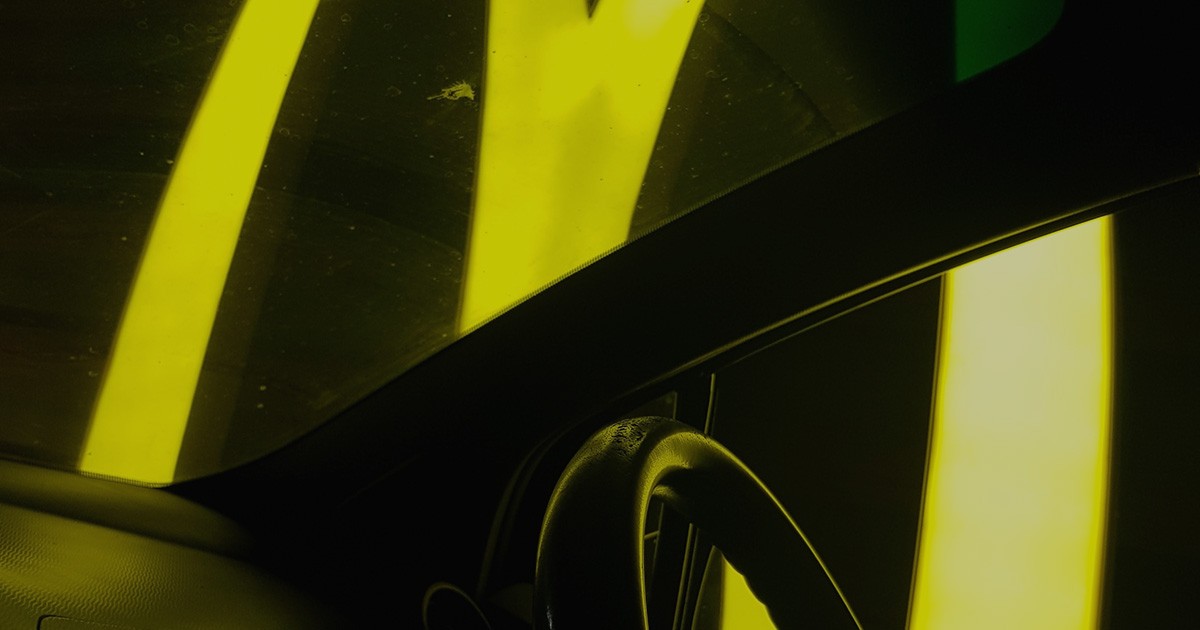
The unintended consequence of mystery shopping and how tech is helping us get good food fast.
I had the privilege of leading a team providing advertising and marketing advice to McDonald’s Europe a few years ago. It’s still one of the best experiences of my career.
One of the things we noticed as a new team taking over was a worsening of customer experience. Noisy machines, smelly kitchens and busy restaurants were part of it but a bit of ad hoc data seemed to suggest people felt uncomfortable being rushed, especially by the staff.
It took a while to get to the root of the problem but it turned out to be of McDonald’s own making.
The always-on Mystery Shopper KPI had been changed by the outgoing management to focus entirely on speed of service.
The faster the better. No nuance.
How things change for the better.
McDonald’s and others are still exceptionally good at serving food quickly, these days it’s an ever evolving combination of process and technology.
And one of the best examples of prescient business development.
They didn’t know it but McDonald’s were preparing for pandemic well before any of us knew what or where Wuhan was.
In 2019 McDonald’s paid $300 million for Dynamic Yield, a leader in Personalisation Engines - the software that enables brands to tailor and deliver content and offers and improve its digital commerce and customer experiences.
It’s no doubt a timely investment especially as the fast-food giants have fared relatively well during the pandemic thanks to one huge strategic advantage they have over the mainstream of restaurants - the drive thru.
As a result there is unprecedented investment in the Drive Thru food delivery system first prototyped in the 1940’s.
Streamlined kitchens, pre-order apps, contactless payments are all serendipitous advances that were already in development well before the pandemic. Covid made its own contribution to the need for speed by forcing the industry to simplify menus.
Now Dynamic Yield and others can make their contributions to an ever improving service. The DY software for example alters the menu according to weather conditions, time of day and predicted restaurant demand. Starbucks have introduced an AI back-end system - brilliantly called Deep Brew. It has the capability to deal with the new added complication of the competing needs of Uber Eats riders as well as drive-thru customers and App orders.
Innovation was quick in the industry when the pandemic first hit - Starbucks responded quickly as it’s restaurants were closed. 80% of the business was already to go and only 60% of outlets had drive-thru and so it rapidly innovated kerb-side pick up. By the end of 2020 Q2 1,000 outlets in the US had kerbside as an option.
As various countries lock up and lock down and hospitality as a sector continues to reel like a punch drunk boxer, thanks to their focus on customer experience, McDonald’s hit Q3 2021 earnings with overall 12.7% lfl sales growth and a global revenue of $23.8bn.
Critics call it serendipity, I’d repeat something I was taught years ago.
ALL ACTION IS PREMATURE UNTIL IT’S TOO LATE
At BBL/P we use data, strategy and design to help brands innovate and modernise how they think and act in an ever more complex and changing landscape. Get in touch if you’d like to talk through where you’re heading.